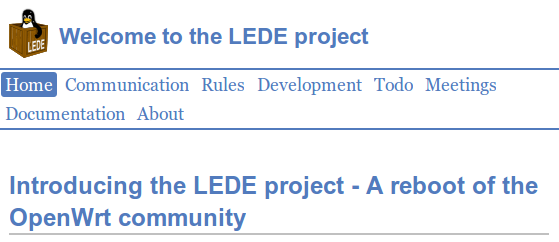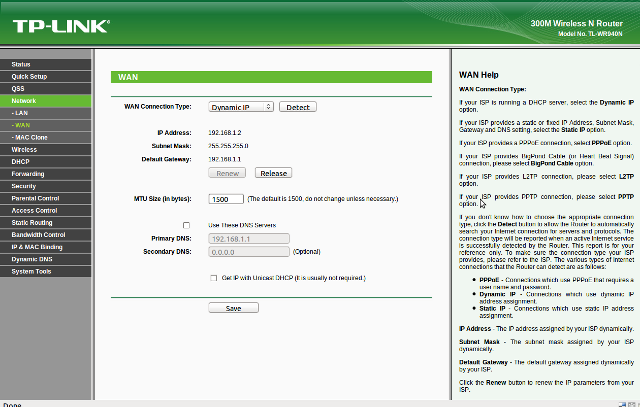2016 appears to be the year of splits in open source communities with Kodi losing its main Android developer, LibreELEC being born out of disagreements within OpenELEC community, and now LEDE project, a fork of OpenWrt, has been created because some people are not satisfied with the way the project is managed, and now “includes a significant share of the most active members of the OpenWrt community”. LEDE, which stands for “Linux Embedded Development Environment” , has three stated goals: Building a great embedded Linux distribution with focus on stability and functionality. Having regular, predictable release cycles coupled with community provided device testing feedback. Establishing transparent decision processes with broad community participation and public meetings. You can find more on LEDE Project website, and the source code is available on the project’s git server:
|
1 |
git clone http://git.lede-project.org/source.git |
Thanks to Zoobab for the tip. Jean-Luc Aufranc (CNXSoft)Jean-Luc started CNX Software in 2010 as […]




